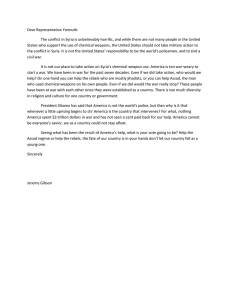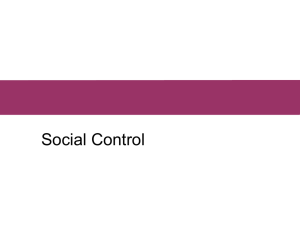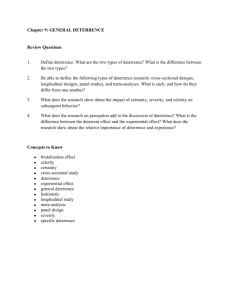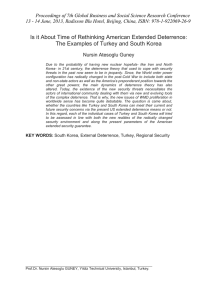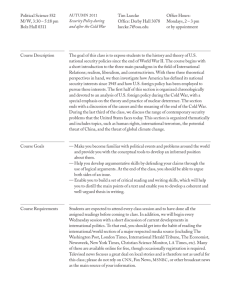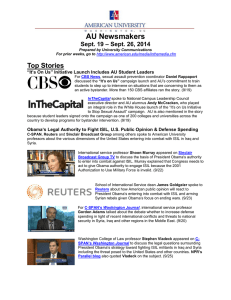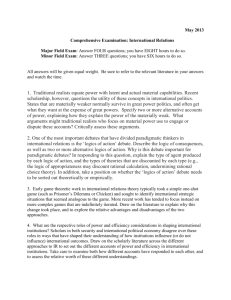Final Exam Questions, Political Science 142a United States Foreign
advertisement
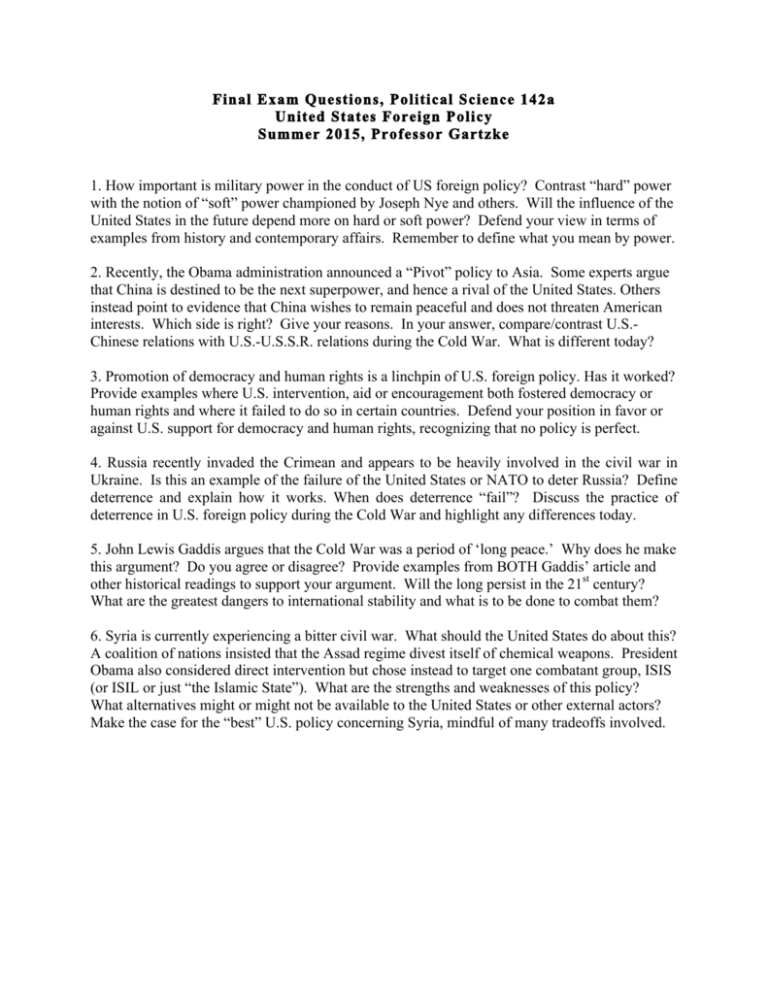
Final Exam Questions, Political Science 142a United States Foreign Policy Summer 2015, Professor Gartzke 1. How important is military power in the conduct of US foreign policy? Contrast “hard” power with the notion of “soft” power championed by Joseph Nye and others. Will the influence of the United States in the future depend more on hard or soft power? Defend your view in terms of examples from history and contemporary affairs. Remember to define what you mean by power. 2. Recently, the Obama administration announced a “Pivot” policy to Asia. Some experts argue that China is destined to be the next superpower, and hence a rival of the United States. Others instead point to evidence that China wishes to remain peaceful and does not threaten American interests. Which side is right? Give your reasons. In your answer, compare/contrast U.S.Chinese relations with U.S.-U.S.S.R. relations during the Cold War. What is different today? 3. Promotion of democracy and human rights is a linchpin of U.S. foreign policy. Has it worked? Provide examples where U.S. intervention, aid or encouragement both fostered democracy or human rights and where it failed to do so in certain countries. Defend your position in favor or against U.S. support for democracy and human rights, recognizing that no policy is perfect. 4. Russia recently invaded the Crimean and appears to be heavily involved in the civil war in Ukraine. Is this an example of the failure of the United States or NATO to deter Russia? Define deterrence and explain how it works. When does deterrence “fail”? Discuss the practice of deterrence in U.S. foreign policy during the Cold War and highlight any differences today. 5. John Lewis Gaddis argues that the Cold War was a period of ‘long peace.’ Why does he make this argument? Do you agree or disagree? Provide examples from BOTH Gaddis’ article and other historical readings to support your argument. Will the long persist in the 21st century? What are the greatest dangers to international stability and what is to be done to combat them? 6. Syria is currently experiencing a bitter civil war. What should the United States do about this? A coalition of nations insisted that the Assad regime divest itself of chemical weapons. President Obama also considered direct intervention but chose instead to target one combatant group, ISIS (or ISIL or just “the Islamic State”). What are the strengths and weaknesses of this policy? What alternatives might or might not be available to the United States or other external actors? Make the case for the “best” U.S. policy concerning Syria, mindful of many tradeoffs involved.
